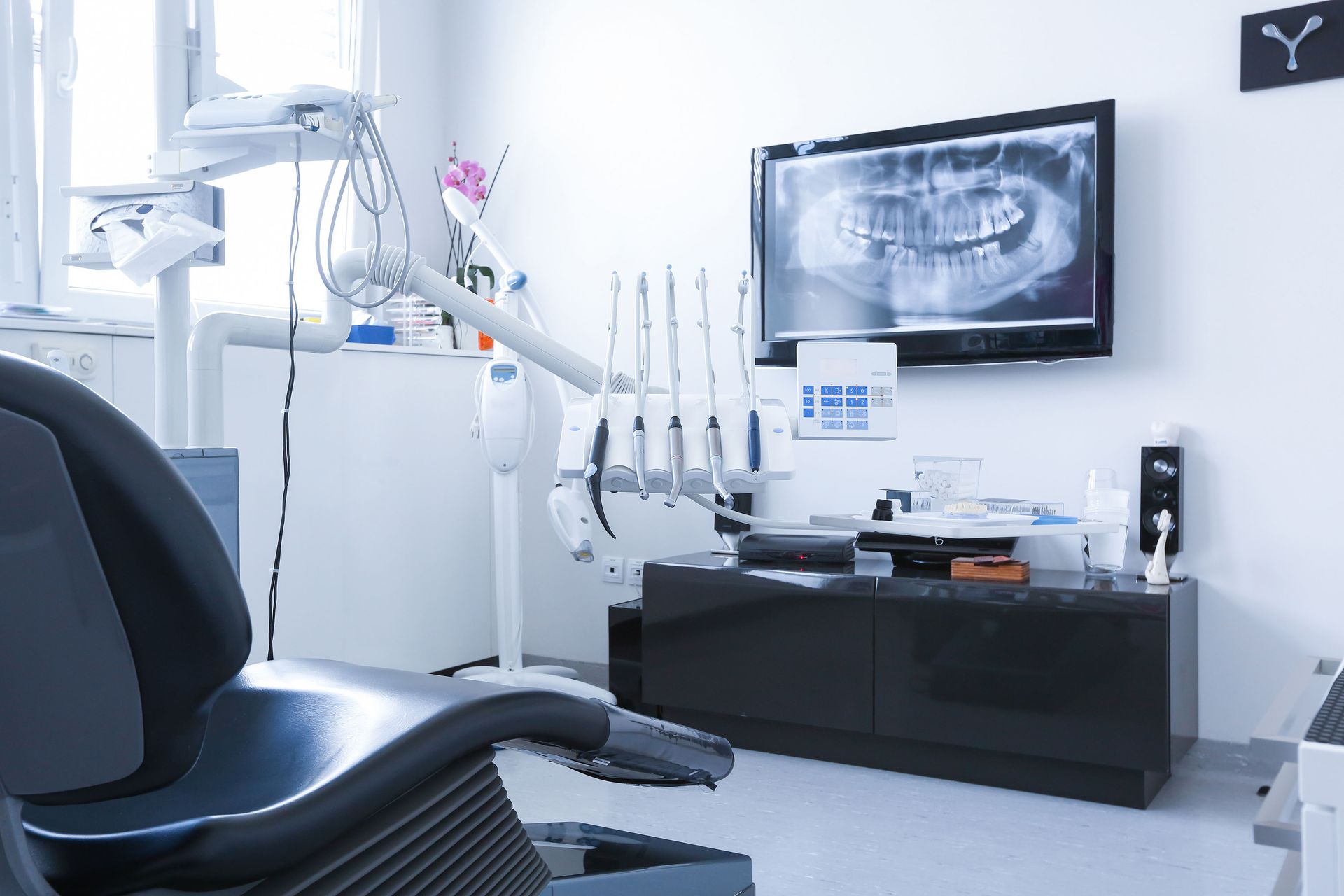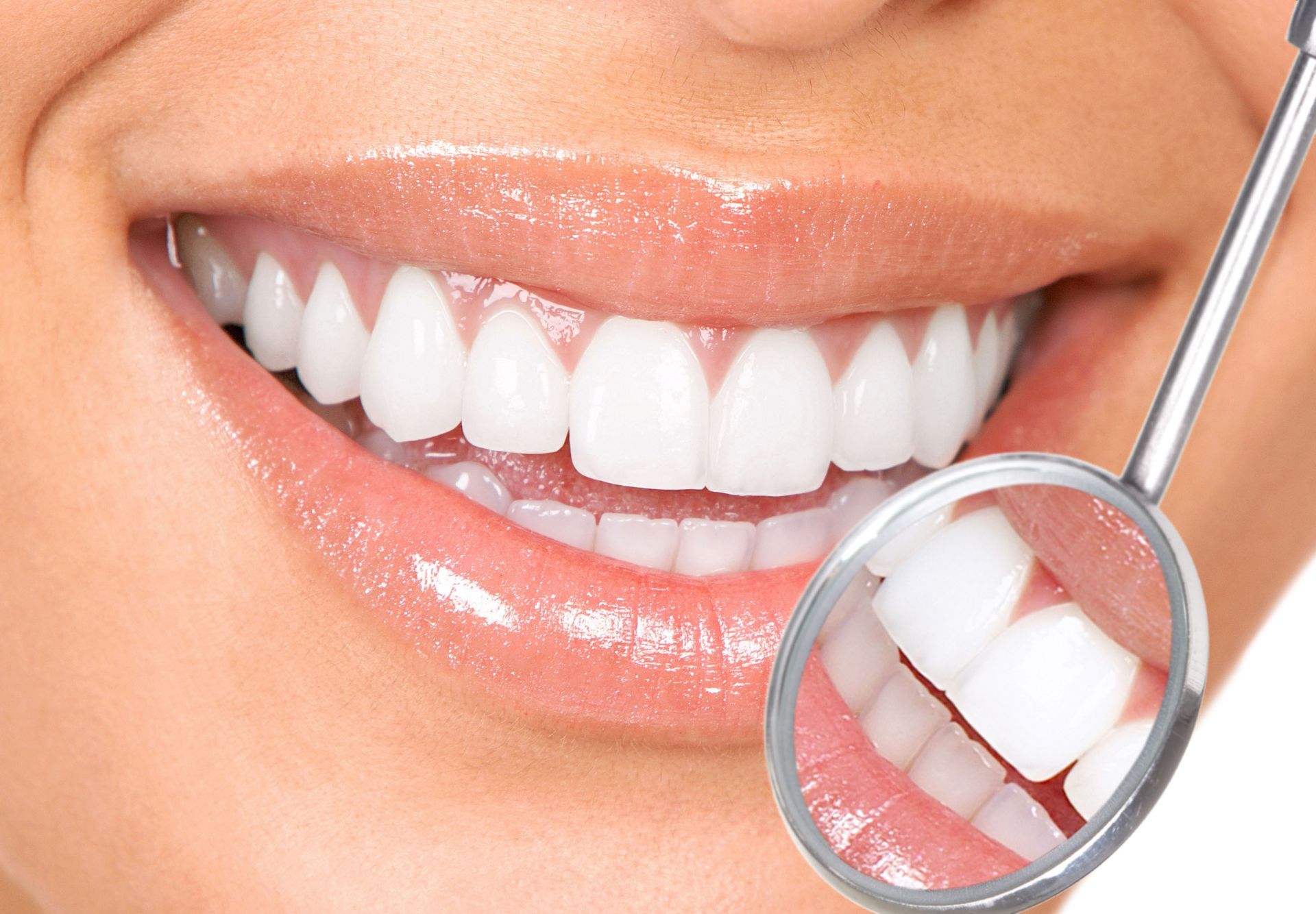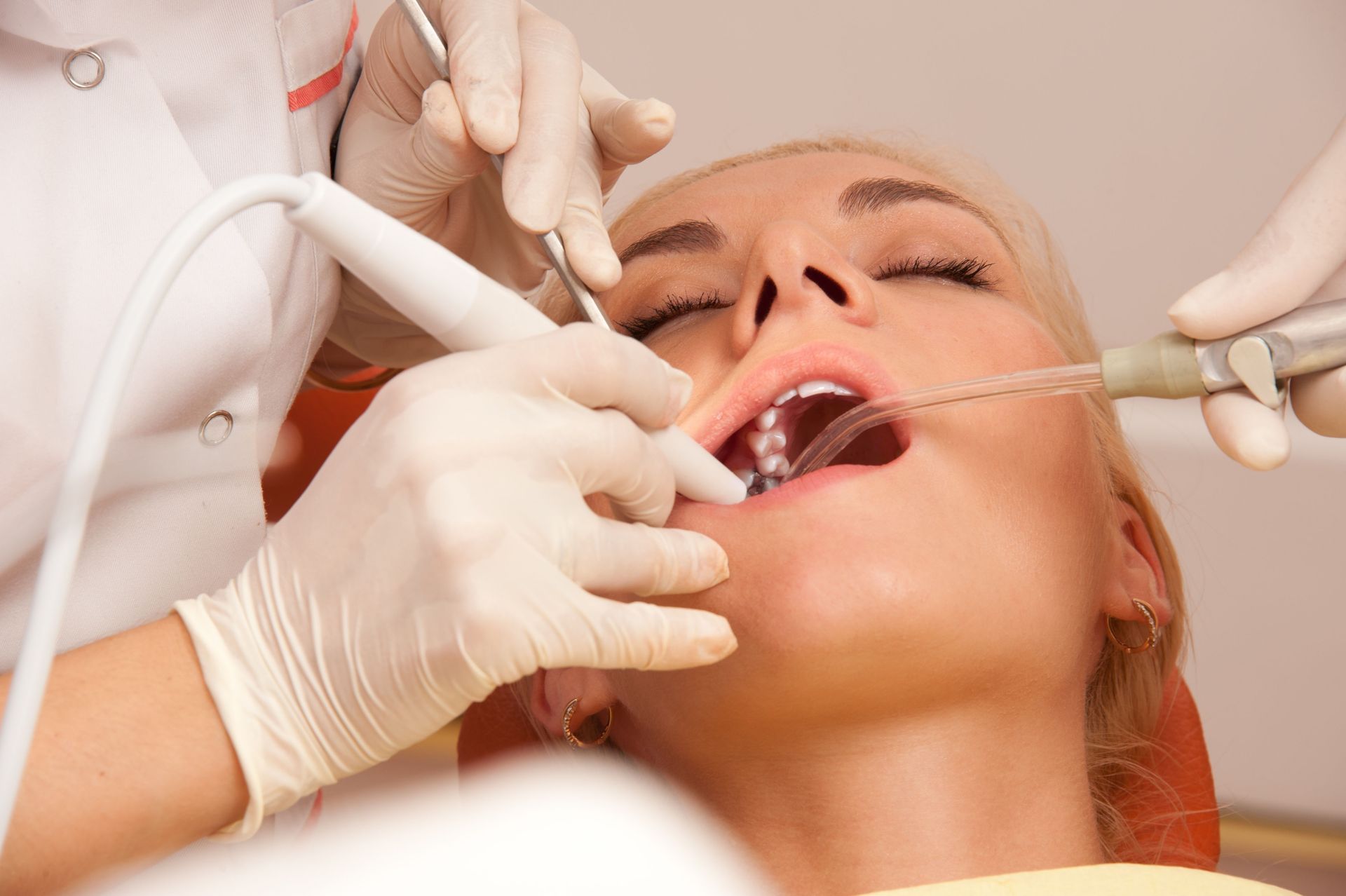Important Signs of Gum Disease
Gum disease is one of the most common threats to oral health. According to the Centers for Disease Control, almost half (46%) of all adults over the age of 30 show signs of gum disease. Furthermore, about 9% of adults suffer from advanced gum disease. Fortunately, this disease can be prevented by maintaining a strict oral hygiene schedule and visiting the dentist regularly. Visiting the dentist from time to time enables them to spot any early signs of disease and address problems before they become complicated. Here are some of the signs of gum diseases that you may want to know about.
Gums That Bleed After Brushing
Gums should not bleed at all. If you notice your gums bleeding after brushing, it's a sign that they're inflamed. Gum inflammation may not be painful in the early stages of gum disease, but it's a sign that something is wrong with your oral health. Another sign to watch out for at this stage is receding gums, which usually accompanies halitosis. Under normal circumstances, your gums should be firm and pink. If your gums are bleeding during and after brushing your teeth, notify your dentist as soon as you can. Then, they can examine you and find out what's happening.
A Persistent Bad Smell in the Mouth
This is another sign that there is something wrong with your oral health. You should suspect gum disease if you have a bad smell in your mouth that won't go away with the brushing of your teeth. It's normal to wake up with morning breath, but it should go away as soon as you brush your teeth. If it doesn't, you should be concerned. Another sign to watch out for at this stage is receding gums, which usually accompanies halitosis. If you also notice deep pockets forming between your gums and teeth, you should see your dentist for gum disease treatment.
Loose or Shifting Teeth
If you don't receive treatment for gum disease, it'll keep progressing until you lose your teeth. One of the signs that you may be close to losing your teeth is having loose or shifting teeth. This shows that the different elements that hold your teeth in place are being damaged. At this stage, there will likely be changes in the way your teeth feel and fit together when you bite down.
Gum disease might not present any symptoms. This is common when it's at the early stages. The only way to ensure that you don't develop gum disease is to visit the dentist regularly. That way, they'll notice early if something is happening with your teeth. Get in touch with Scott Malik DDS today if you want to arrange a dental exam.







Share On: